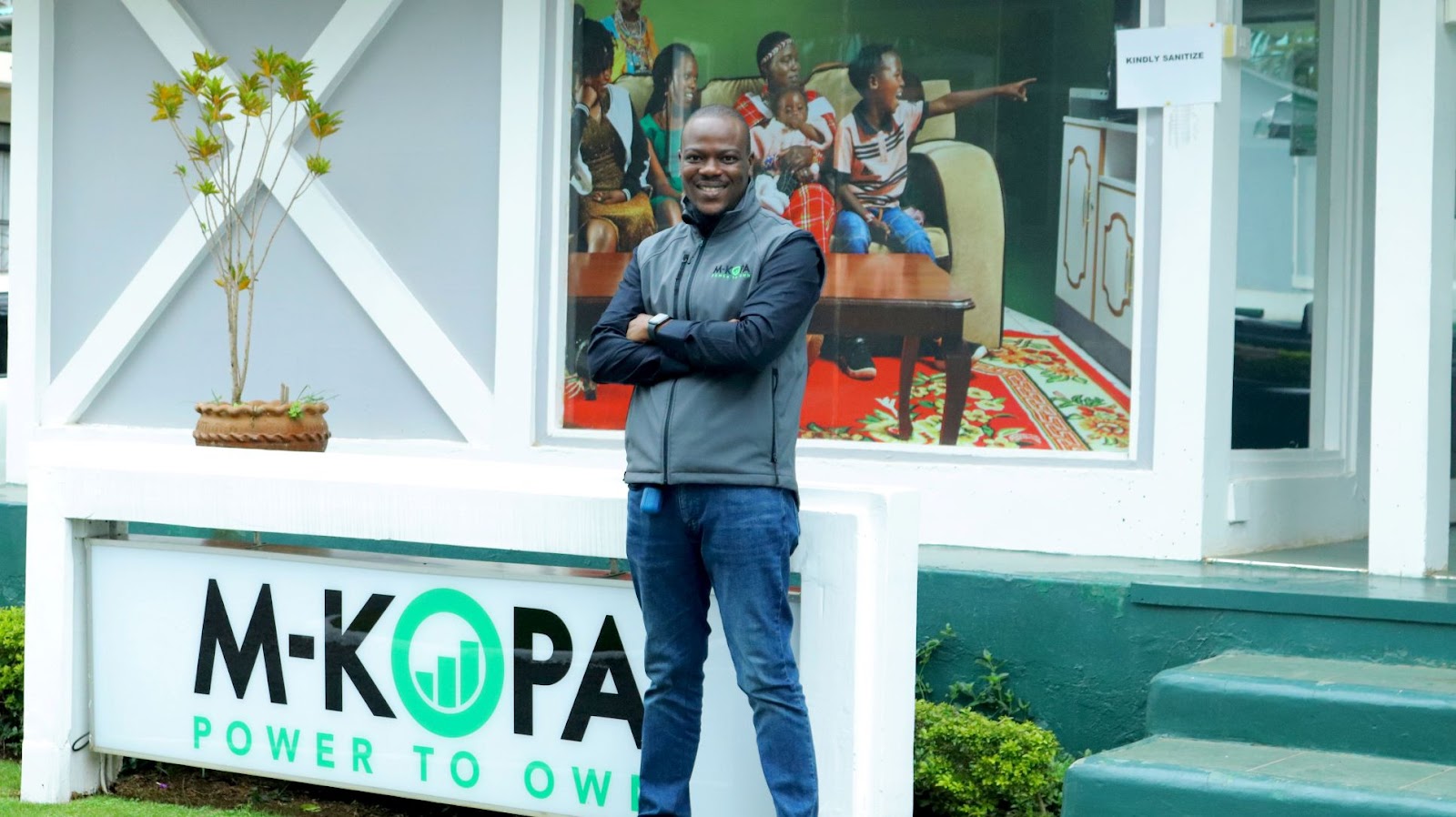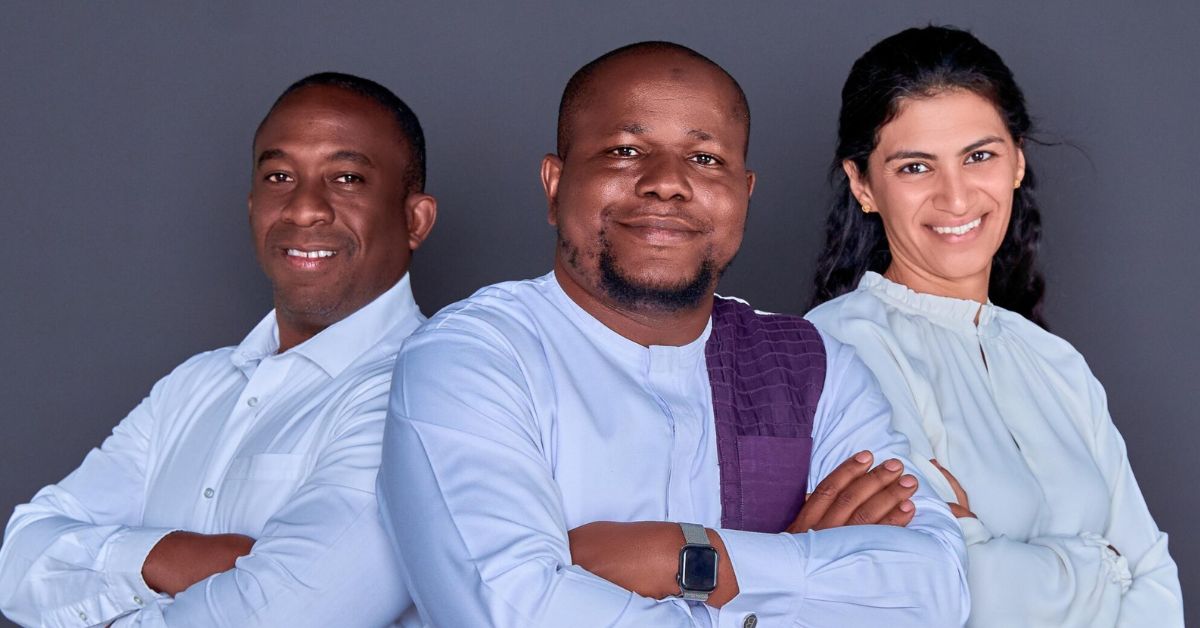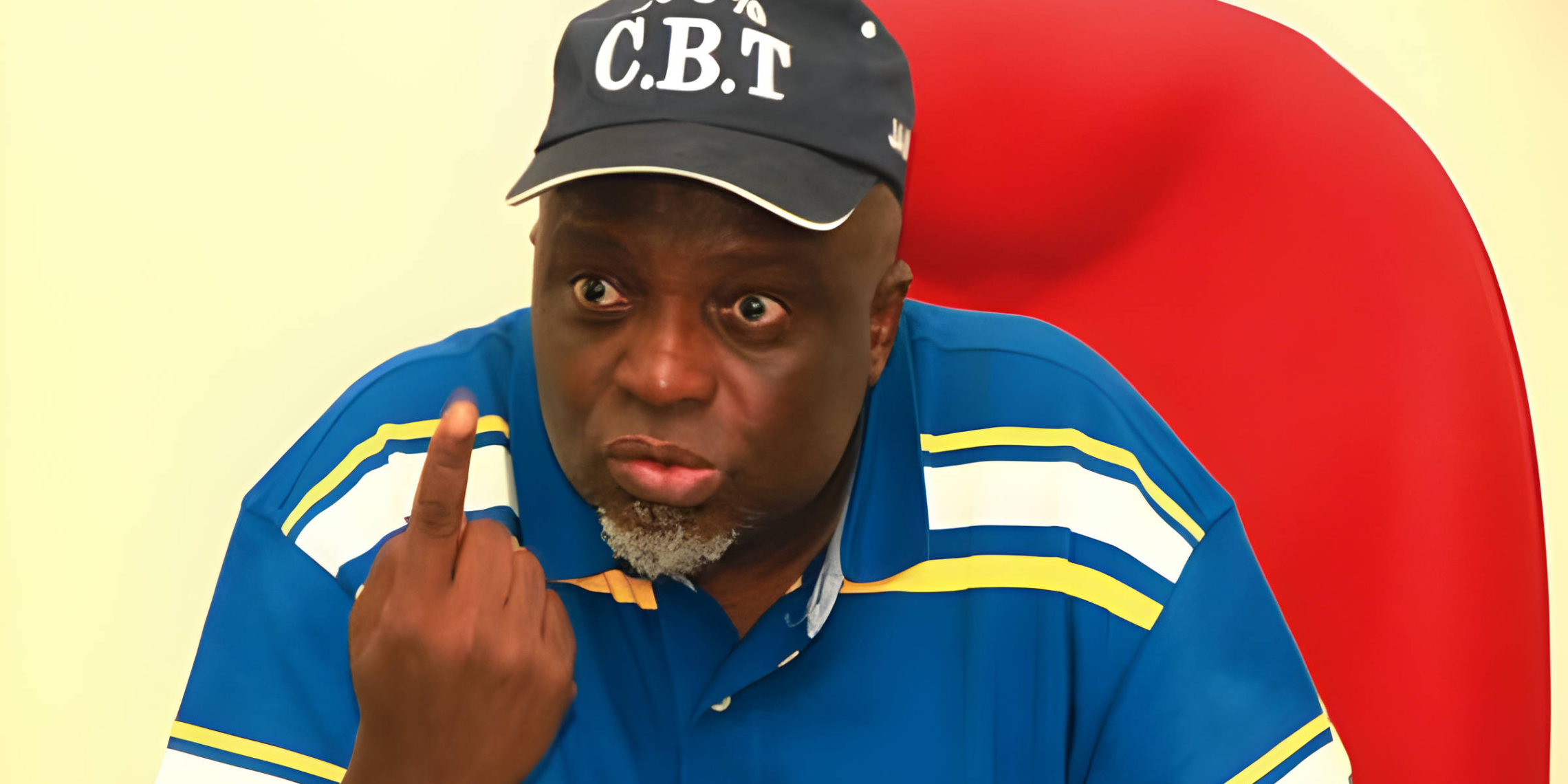Digital financing firm M-KOPA recently raised $250 million. The general manager, Babajide Duroshola, has explained why debt was raised in the funding process.
TechCabal earlier reported that M-KOPA closed a $75million drive back in February 2022. The digital financing firm has given reasons why it raised $250 million in debt and equity financing. The breakdown of its latest capital injection includes $55 million in equity and over $200 million in debt.
Yesterday, May 16th, M-KOPA general manager, Babajide Duroshola, was on a Twitter space organised by Big Tech This Week. On the Space, he explained that debt helps one to get the required working capital to put to use as soon as possible
“For the size of our business today, It is very difficult for us to be lending based off equity drawdowns. So debt was the preferable option because it allowed us to do bigger things,” Duroshola explained.
He said it is better compared to equity which is nice but expensive because equity involves giving a part of your business to someone with the promise to take huge returns. The M-KOPA boss explained that debt is faster and helped the firm to scale.
Experts at TLG Capital, who spoke at the TLG Future Africa Venture Debt Conference that was held virtually today, noted that only 13% of Africa venture capital is backed by debt. The infographic shared during its afternoon session showed low venture debt in the ecosystem as Venture Equity accounted for $4.5billion compared to $650million in debt funding in 2022.
TechCabal, last month reported that debt funding has become a more attractive financing option for startups.
Founding Partner, Future Africa, Iyinoluwa Aboyeji, who was present at the conference acknowledges that the game of funding has changed.”The game has changed. But now capital has become so expensive that you have to ask yourself whether it is worth sacrificing to build the business you want to build,” he stated.
With the success of its business model in Kenya, M-KOPA’s new funding is premised on boosting its smartphone financing offering, expanding into additional markets, and prioritising sustainability.
Going further, Duroshola explained that in recouping some of the credit in smartphone financing, how they get individuals to pay is through the technology. He noted that if any customer defaults on payment, the smartphone has the capacity to lock itself. However, he noted that there is flexibility in payments and customers can walk away anytime.
“The payment is flexible and they can pay on the day they can afford the device. You can use three days payment or seven days. Even if you miss a day’s payment, you can pay the next. Customers can walk away anytime. We do not force people to pay by all means,” he explained.



















